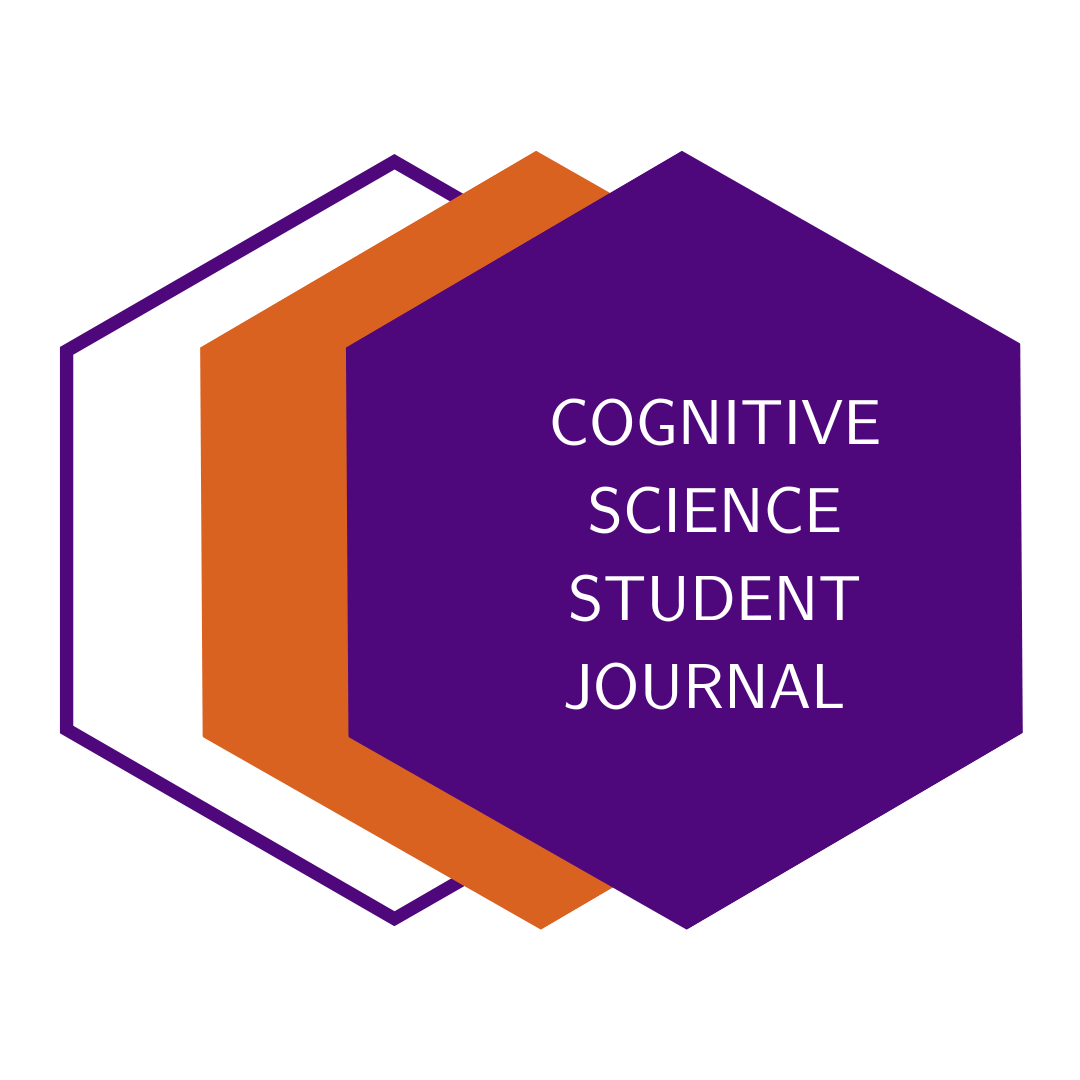Poverty and mental health problems – conditions we naturally try to escape or keep our distance from. Their existence though is apparent. Research even suggests mutual amplification of these conditions. Let’s focus on ways out!
In this literature review, Noah Baier explores the presumed link between poverty and mental health problems. You will thereby be presented the concepts of social drift and social causation. Subsequently, the attention is focused towards interventions to alleviate mental health problems in low- and middle-income countries (LAMICs). Health care can be scarce, especially in poverty-stricken societies, however, a selection of promising low-cost interventions is introduced, namely psychological skills training, positive activity scheduling, and cognitive behavioral therapy.
Spoiler Alert:
- Psychological interventions can be implemented inexpensively utilizing the pre-existing medical infrastructure in LAMICs. They have already succeeded to improve mental health problems in diverse applications.
- Research should focus on aspects that negatively influence mental health in financially poor societies, such as environmental factors, unemployment, lack of educational and professional opportunities.
Good to know:
You could check out what’s behind the psychological interventions of Positive Activity Scheduling and Cognitive Behavioral Therapy.
Course:
Cognitive Neuropsychology – Term paper for ‘Abnormal Psychology and Cognitive Neuroscience’ taught by Lynn Aupiais. WT 2021/22 (abroad)
 Loading...
Loading...

Noah Baier
“Alongside the positive experiences during my year abroad in South Africa, I’ve witnessed many challenges that the country faces. I’m interested in investigating how people from more privileged backgrounds can assist the development of lower-income countries. I believe that, specifically in the health sector, much can be done to help people in need. Moreover, I believe that the power of AI can be a transformative force for good, and I am eager to learn more about how these technologies are being used to drive positive change around the world.”
